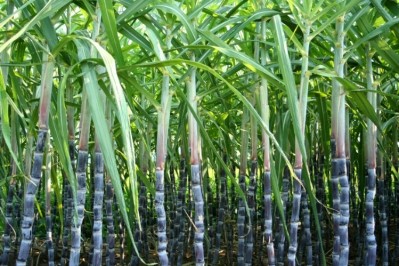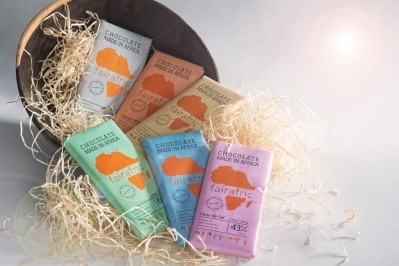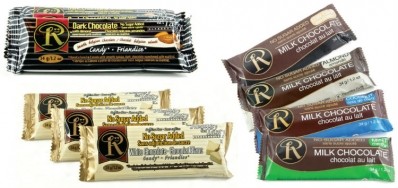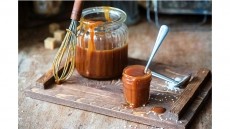Sugar Reduction or Nature's Sweetspot
Sugar derived from sucrose and berry-based sweetener prepped for takeoff

Quality Candy Company – the name behind brands like King Leo and Gilliam – partnered with Global Biolife, to develop this ‘safer and affordable’ sugar substitute.
Daryl L Thompson, director of scientific initiatives at the Singapore-based drug research firm shared his team’s findings at the Global Health Catalyst Summit at Harvard Medical School in June.
“You can think of Laetose as Sugar 2.0,” he said. “It is simply more than a low-calorie sugar but rather a solution to sugar itself, in that it was specifically formulated to fight disease.”
This innovation matches standard sugar in taste, texture and shelf life, according to the joint venture known as Sweet Sense. Researchers hope it will help curb rising rates of diabetes and obesity.
“Laetose tastes and performs exactly like sugar as a food ingredient, but it is better accepted by the body,” added Thompson.
It is generally recognized as safe (GRAS) according to the US Food and Drug Administration (FDA) and should show face in retail products in about a year, a Sweet Sense spokesperson told ConfectioneryNews.
Dr Wilfred Ngwa, director of Harvard’s global health arm, said Laetose and other solutions perfected by Thompson’s team “can benefit people across the globe, not just in the United States.”
Berry-power for the food and beverage industry
Through a patent-pending process, Laetose combines insulin-mimetic – a natural compound found in berries – and sucrose to create the low-calorie, low-glycemic sweetener.
Sweet Sense believes it is the first substitute to be derived from classic table sugar and has developed a scalable manufacturing process to maintain an affordable option to other bulk alternative sweeteners.
"It can replace anything that traditional sugar is used for," the Sweet Sense spokesperson told us.
The company enlisted Pinellas, a bean-to-bar chocolate company in Largo, Florida, to test Laetose in its products. In a video, co-owner Adam Vessa said, "We found that using the Laetose product in place of a portion of the sugar, we were still able to execute the same quality product as we would have expected using the normal sugar that we do on a day-to-day basis. The taste was very close, if not...I couldn't necessarily tell you the difference between the two."
Part of a better diet
Dr. Roscoe Moore, a former US assistant surgeon general and current senior fellow at the Potomac Institute for Policy Studies, assisted the project.
“We designed Laetose to help food and beverage manufacturers meet the NSSRI [National Salt and Sugar Reduction Initiative] targets,” he said, referring to the coalition of 100 health departments and trade associations pushing for reduced-sugar formulas.
An Australian University confirmed the glycemic index as 53, compared to 100 in glucose according to international standards of measurement; table sugar lands at 65.
Massachusetts-based Charles River Laboratories also determined that Laetose ‘halts stimulation’ of lipopolysaccharides (LPS), the largest component of cellular walls. Sugar can inflame this tissue, in turn causing metabolic endotoxemia associated with obesity.
Research says that a low-glycemic diet encourages a healthy weight, improves heart health, increases energy when combined with exercise, and lowers cholesterol levels.
Other sugar substitutes such as stevia or allulose "do not have positive effects on metabolism other than [being] zero-calorie," according to Sweet Sense. Laetose, on the other hand, positively impacts metabolism: "In effect, Laetose sugar can reduce the glycemic impact of an entire meal."
Dr. Moore, who sees the sugar substitute as a viable way to proactively combat health issues in developing regions, added, “Laetose has great potential to be the solution for the problems sugar is causing around the world,”
“This is an affordable way to make healthier foods that help address health disparities and prevent diabetes for future generations.”














